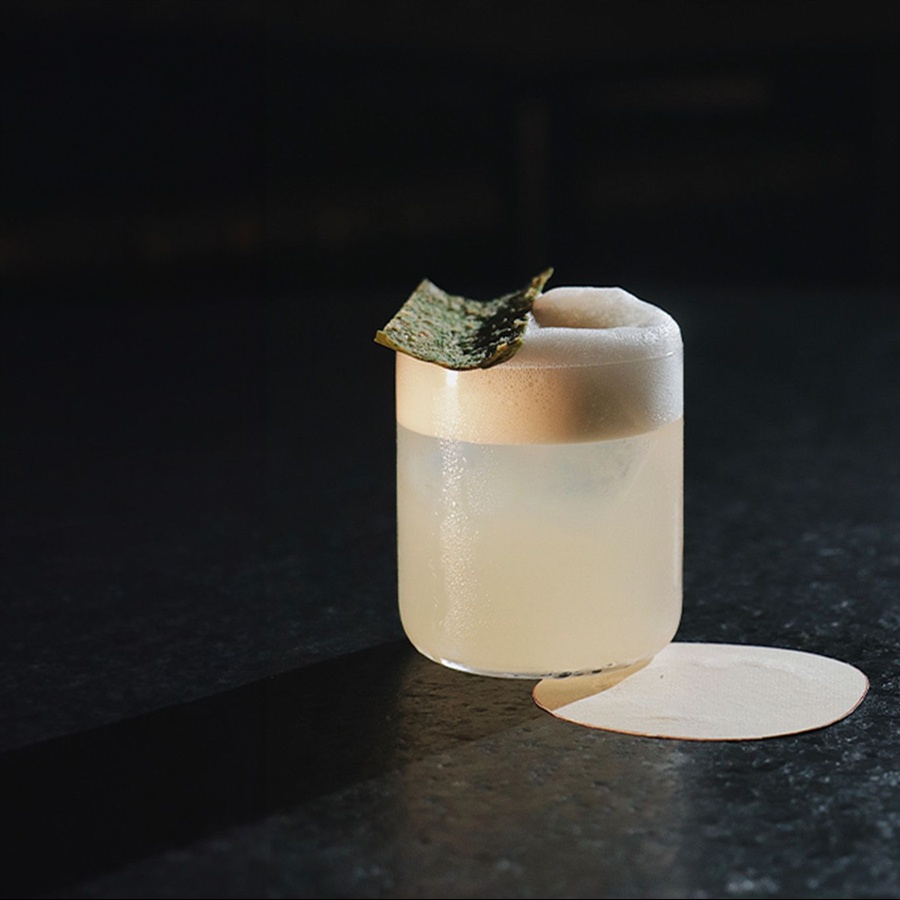There’s a particular flavour that gives Southeast Asian street food a visceral identity. It’s called wok hei, or ‘breath of the wok’. That special smoky taste imprinted on the food by the personality of a super-hot wok is seasoned by experience and residue. It is not easy to replicate this at home, which is why street food is street food in the best kind of way. American food journalist Kenji Lopez wrote a column in the New York Times about the smokiness produced by a restaurant wok and chased that up with a whole book in which he attempts to recreate it in a domestic kitchen setting. The Char Kway Teow at Kopitiam Lah, Bengaluru’s first Malaysian restaurant, has this nuanced X-factor. The stir-fried flat rice noodles with pork crackling, eggs, bean sprouts, garlic chives and dark soy sauce has that signature smoke-produced complexity which if you’re familiar with it, will transport you right to the bustle of a hawker centre in Malaysia. You eat this dish and you know the people who made it know.
Kopitiam Lah is the latest creation of the Bengaluru-based Lavonne Hospitality group, spearheaded by pastry artist Joonie Tan, a Malaysian who’s lived in India for now over 15 years (and happens to be married to Chef Vinesh Johny, chef partner at Lavonne). The menu she’s created with head chef David D’Souza and chef-consultant Darren Teoh of Dewakan (Malaysia’s only two Michelin-starred restaurant) is a judicious mix of coffeeshop staples and quintessential dishes you’d spot at a typical Malaysian spread. Indeed, chef D’Souza spent months testing and learning recipes, and even tutored under Tan’s aunt in Malaysia, who runs a kopitiam (coffeeshop in Malay) in their hometown in the northwestern state of Perak.










